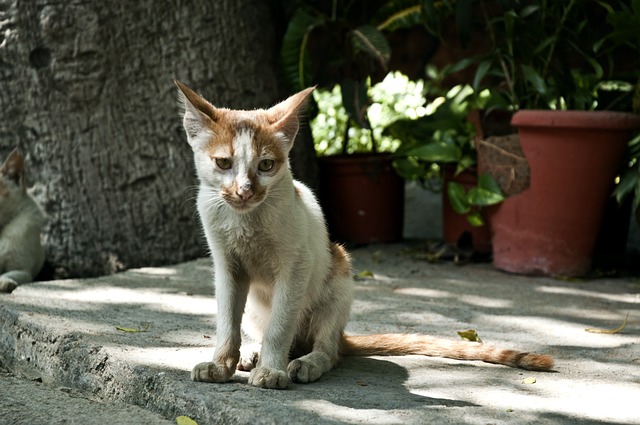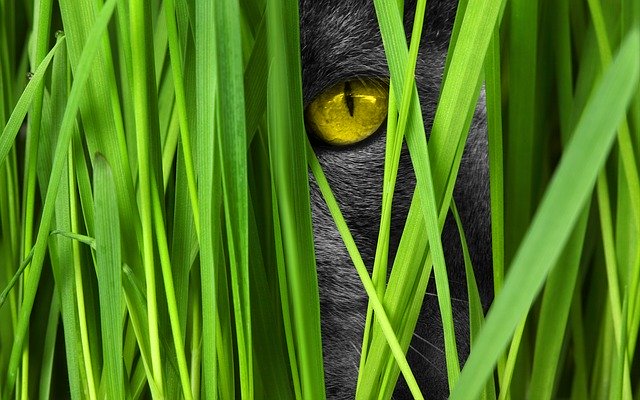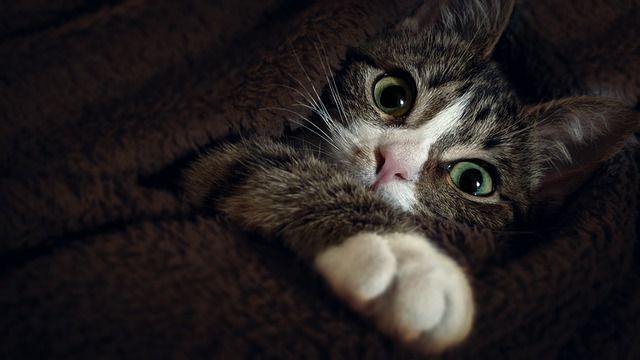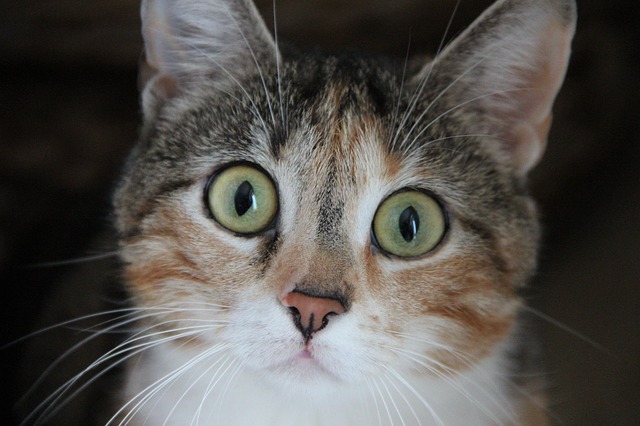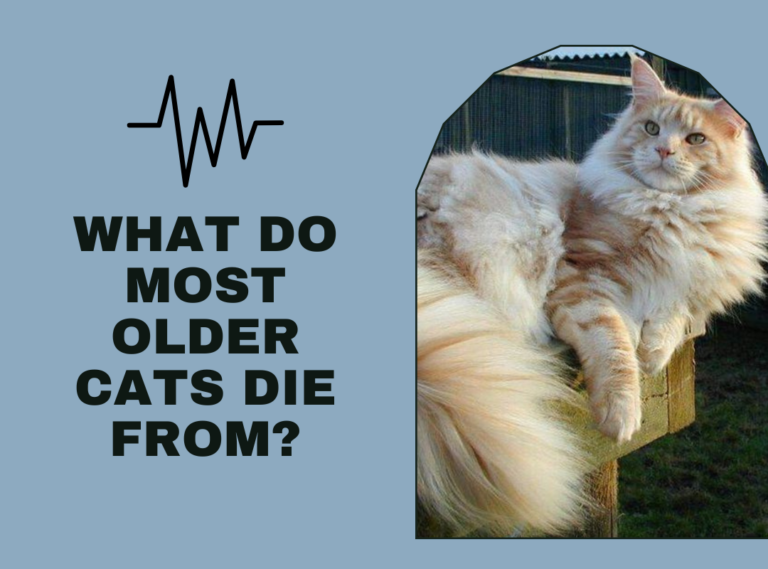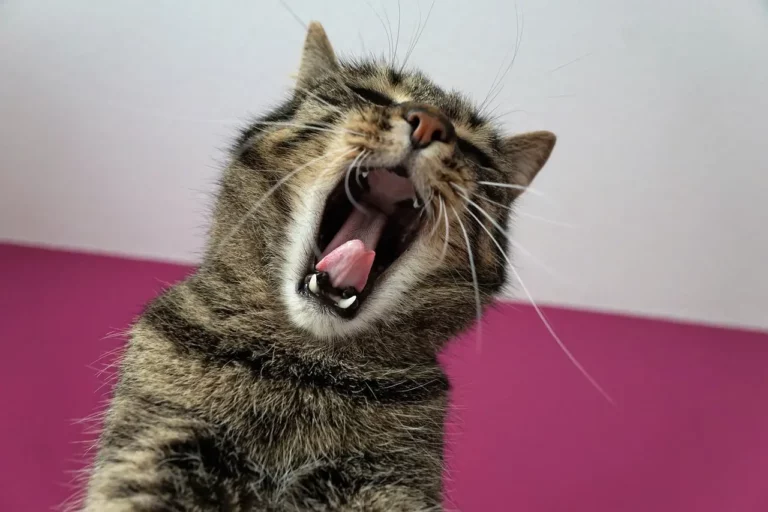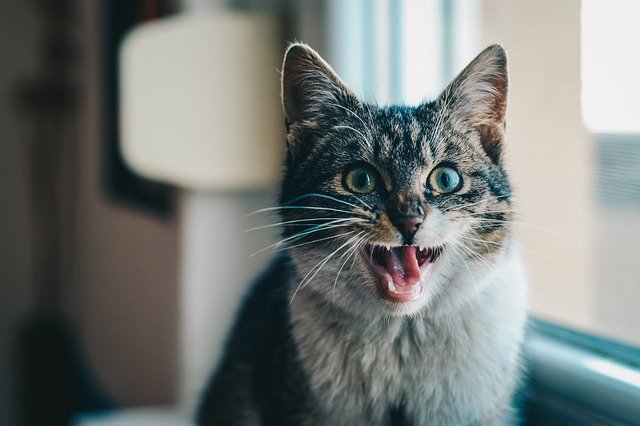Cat Losing Hair and Weight – What Does It Mean?
As a responsible
When you start asking “why is my
Our feline buddies are often discreet whenever they feel unwell. Some reasons for a
Your
What Causes a Cat to Lose Hair and Weight?
When your feline buddy loses hair and weight at the same time, a diagnosis made by a vet is a must.
Your vet will first check for infections, fleas, and possible allergies. If you have problems with your
An old
Normal to Abnormal Hair Loss
Cats shed every day, but when you notice more hair loss or the presence of scabs, blisters, bumps, red skin, bruising, open sores, darkened patches, bald patches, foul odours, cysts, abnormal behavior, and excessive grooming, your
When hair loss is present at birth or soon after, it can be a congenital disability caused by complications in the womb.
Some cats, such as Sphynx cats, have hereditary alopecia and never grow hair. Hair loss on the exterior of the ear pinnae or pineal alopecia is normal among Siamese cats and often resolves without treatment.
Older cats can also experience normal hair loss between the eyes and ears — which are also known as preauricular alopecia.
Acquired alopecia can be partial or symmetrical (pattern baldness). In most cases, hair regrowth is possible after the underlying condition is resolved. Many potential factors could cause
Weight Loss
Cats can lose weight whenever they have an aversion to a new food. More opportunities for physical activities can also promote weight loss.
When weight loss is accompanied by hair loss, diarrhea, vomiting, jaundice, lethargy, difficulty in breathing, changes in behavior, increased thirst, excessive drooling, and pus discharge, your
Rapid weight loss of more than 10% of your
Avoiding food for 24 hours or as little as 12 hours for kittens can be detrimental to your
Other causes of cat hair and weight loss include:
- Dental problems – A toothache can cause your
cat to eat less than usual or be particular with food selection. - Organ failure – Malfunction of organs such as the gallbladder and pancreatic disease can also cause cats to lose weight fast. Cats that refuse to eat are also at risk of getting fatty liver disease.
- Chronic disease – Inflammatory bowel disease causes anorexia, loss of appetite, and weight loss. Cats with Type 1 diabetes may have an excessive appetite but still lose weight.
- Allergic reactions – Cats can have allergies to food, medication, pollen, dust, mold, and carpet deodorizers.
- Infections – Parasitic, fungal, and bacterial infections can result in weight and hair loss in cats. Hypersensitivity to anti-agents in flea saliva can cause over-grooming. Mites and ringworm can also cause bald patches in the affected areas.
- Nervous disorders – Nerve damage underneath the skin and anxiety due to stress can lead to over-grooming. Cats that have anorexia should be diagnosed and treated as soon as possible.
- Hyperthyroidism – An overactive thyroid is a sign of a non-cancerous tumor in the thyroid gland. Cats 13 years and older are prone to hyperthyroidism — an increased level of steroids causing hair follicles to die. While cats with hyperthyroidism tend to eat more, they can still lose a lot of weight fast.
- Nutritional deficiencies – When you switch to a cheaper brand of
cat food with lower nutritional value, yourcat can be deprived of necessary nutrients. Cats deprived of nutrients like vitamin C can suffer hair and weight loss. - Feline paraneoplastic alopecia – This rare type of cancer in cats is due to internal tumors and pancreatic cancer, which can cause hair to thin out.
- Stress – Your
cat can be depressed or have difficulty adjusting to the loss of a pet, traveling, moving to a new home, hospitalization, or the changes caused by a new pet or a new baby in the family. - Vaccination side effects – After vaccination, the affected area can be itchy, causing your
cat to lick it to relieve discomfort, licking hair off in the process. Weight loss is also another side effect of vaccination as cats can also feel unwell and lose appetite following the injection. - Feline infectious peritonitis (Cat FIP) – This rare and fatal abnormal response to feline coronavirus can cause intermittent loss of appetite resulting in weight loss and rough hair.
- Poisoning – Even picky eaters can be at risk of toxic hazards that can be inhaled, ingested while grooming, oral ingestion of poisonous plants, prey, household cleaners, and insecticides. Poisoning can quickly lead to weight loss from kidney failure and liver failure, among others. Skin contact with household hazards can also lead to hair loss due to itchiness and over-grooming.
In Conclusion
Our feline buddies can keep mum through pain and discomfort, but hair and weight loss can warn us of infections, allergies, or chronic diseases that they may be hiding.
During diagnosis, your
